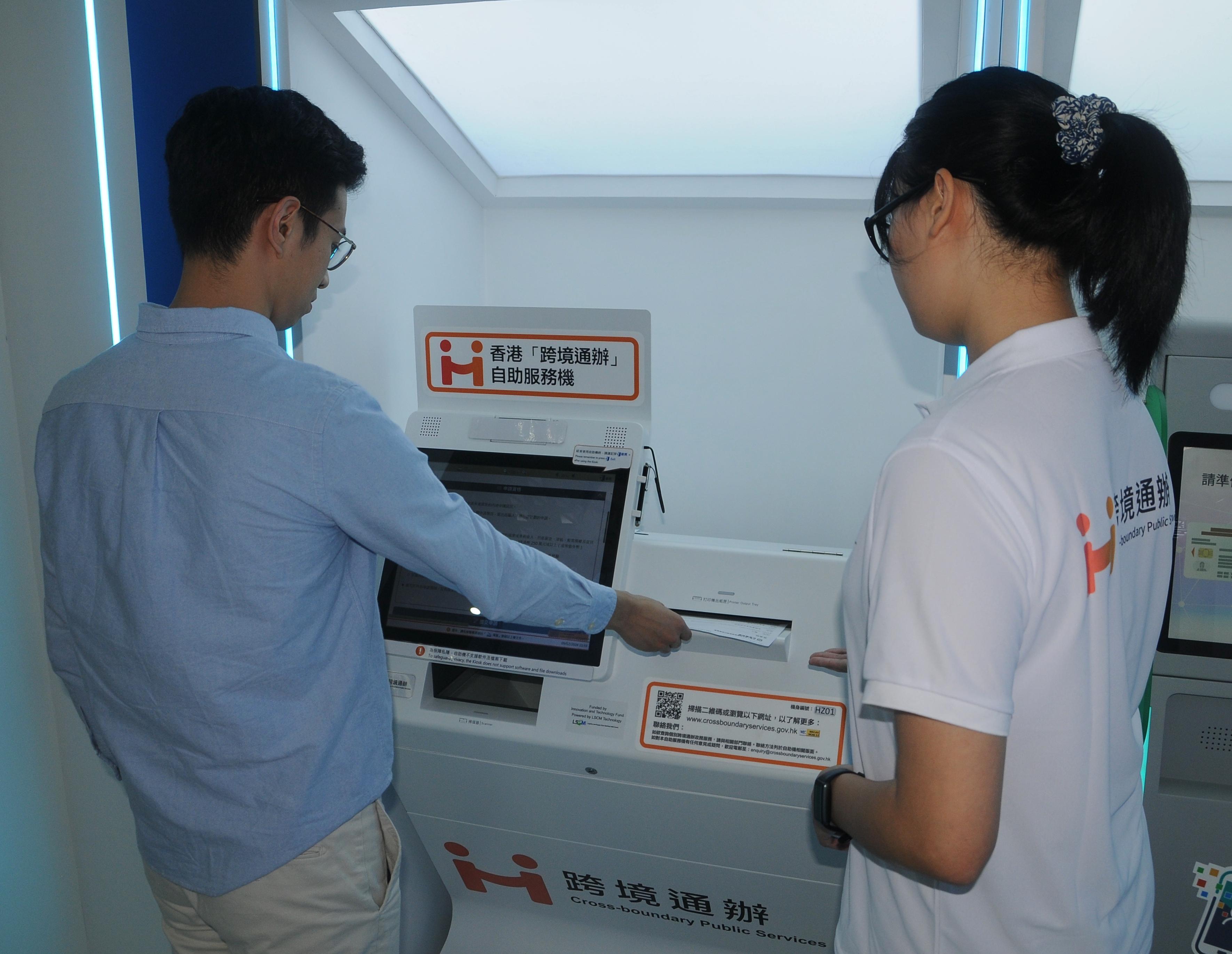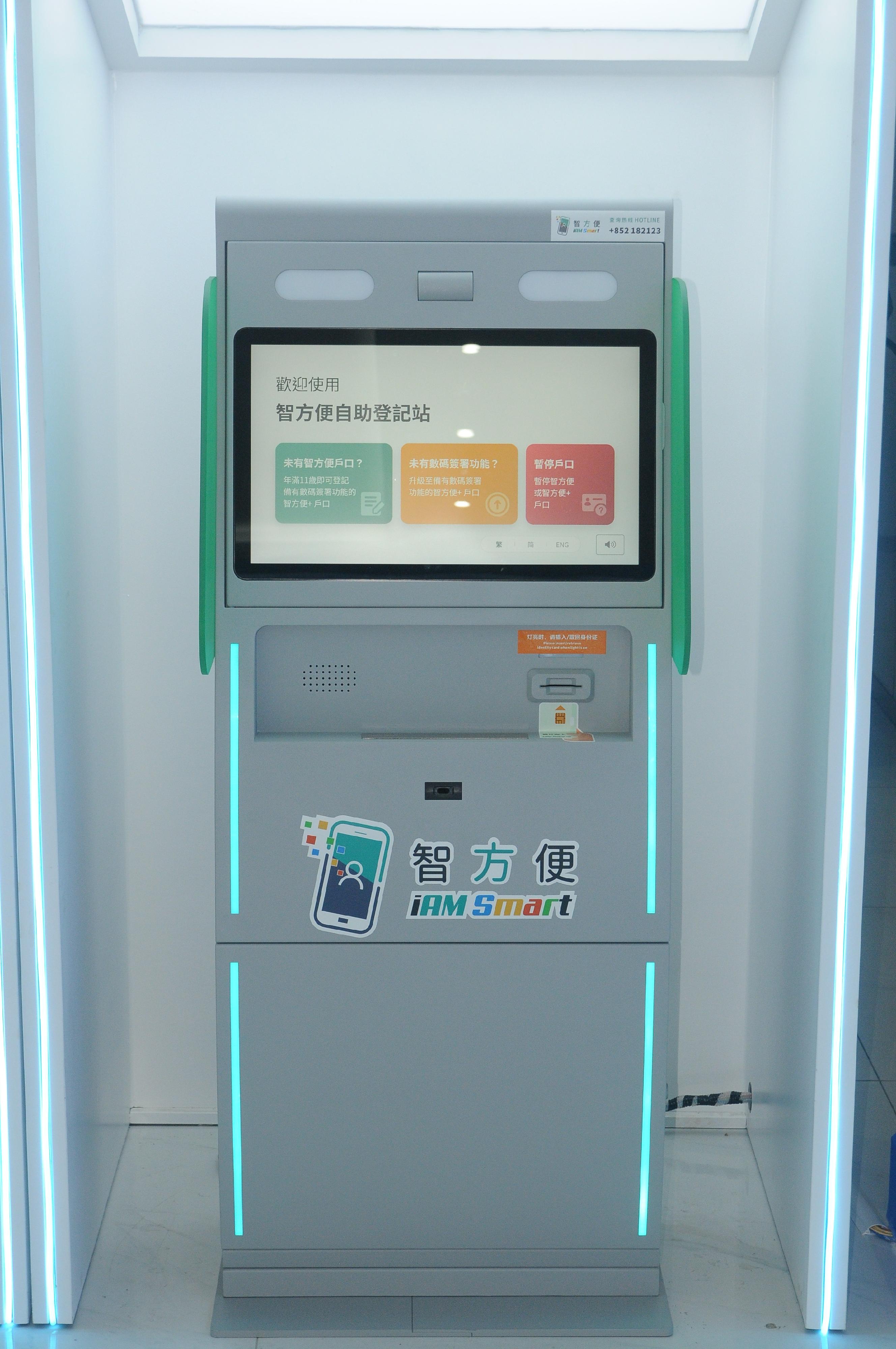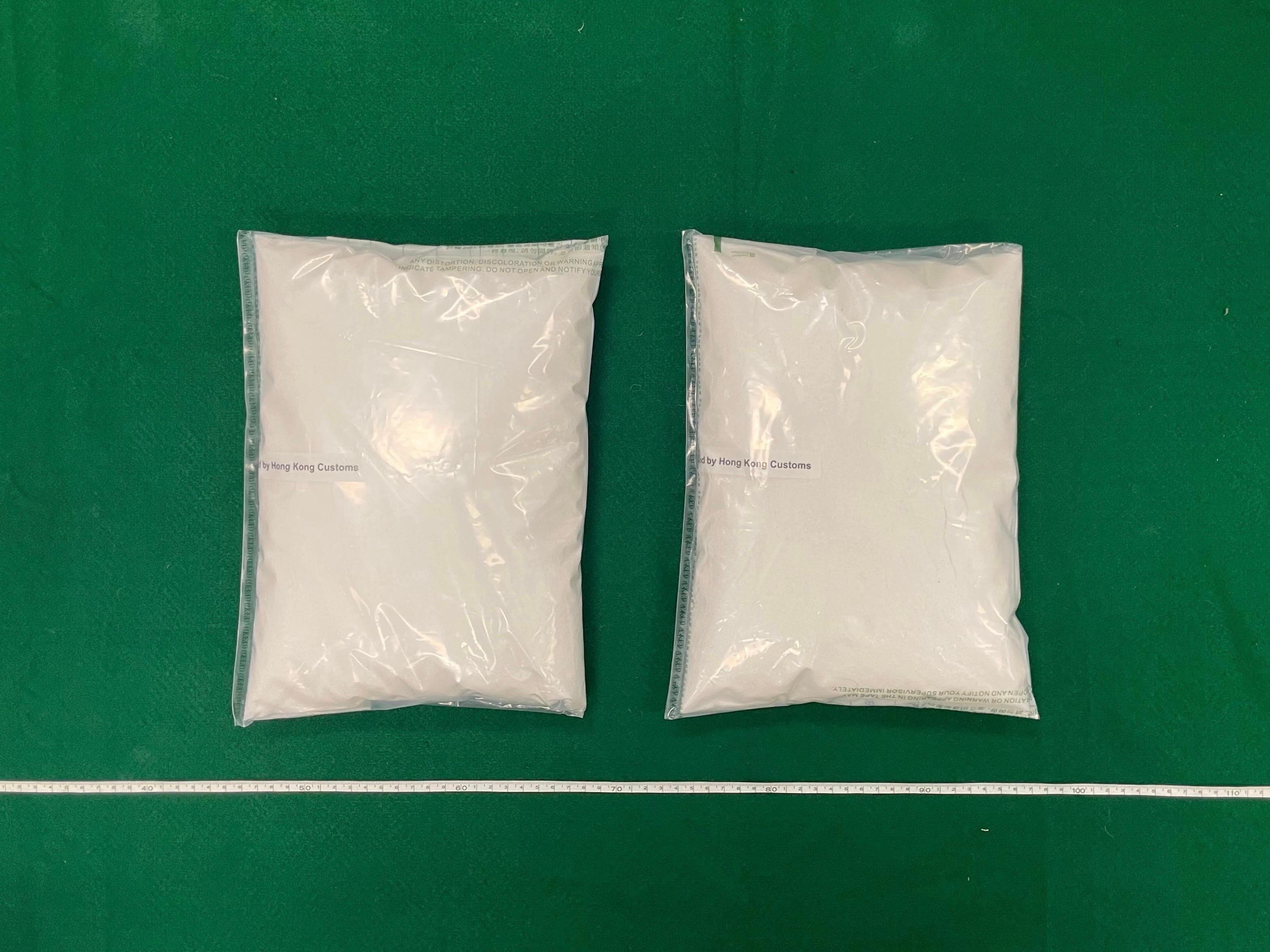Subsidy amount for Non-means-tested Subsidy Scheme for Self-financing Undergraduate Studies in Hong Kong in 2025/26 academic year announced
The Education Bureau today (December 20) announced that the annual subsidy amount of the Non-means-tested Subsidy Scheme for Self-financing Undergraduate Studies in Hong Kong (NMTSS) will be adjusted upwards from $34,390 in the current academic year to $35,120 in the 2025/26 academic year, in accordance with the movement of the Composite Consumer Price Index.
The adjusted level of subsidy will apply to both new and continuing eligible students. The subsidy is tenable for the normal duration of the programmes concerned. Eligible students enrolling in the relevant programmes will pay a tuition fee with the subsidy applied. Students in need may still apply for student financial assistance from the Student Finance Office of the Working Family and Student Financial Assistance Agency in respect of the actual amount of tuition fee payable.
Launched in the 2017/18 academic year, the NMTSS provides a non-means-tested annual subsidy for eligible students pursuing full-time locally accredited local and non-local self-financing undergraduate (including top-up degree) programmes offered by eligible institutions in Hong Kong. In line with the policy to promote vocational and professional education and training (VPET) as stated in "The Chief Executive's 2022 Policy Address", with effect from the 2023/24 academic year, the eligibility criteria of the NMTSS have been rationalised to benefit students from different backgrounds, including those with VPET qualifications.
The subsidy applies to all eligible local students enrolling in programmes covered by the Scheme. Applications for the subsidy need to be made through the institutions concerned. A list of the 15 eligible institutions and programmes for the 2025/26 cohort is in the Annex. The list may be updated according to the latest information provided by the institutions. Please visit the NMTSS website (www.cspe.edu.hk/en/nmt/nmt-prog-search) for the latest information about the eligible programmes.




